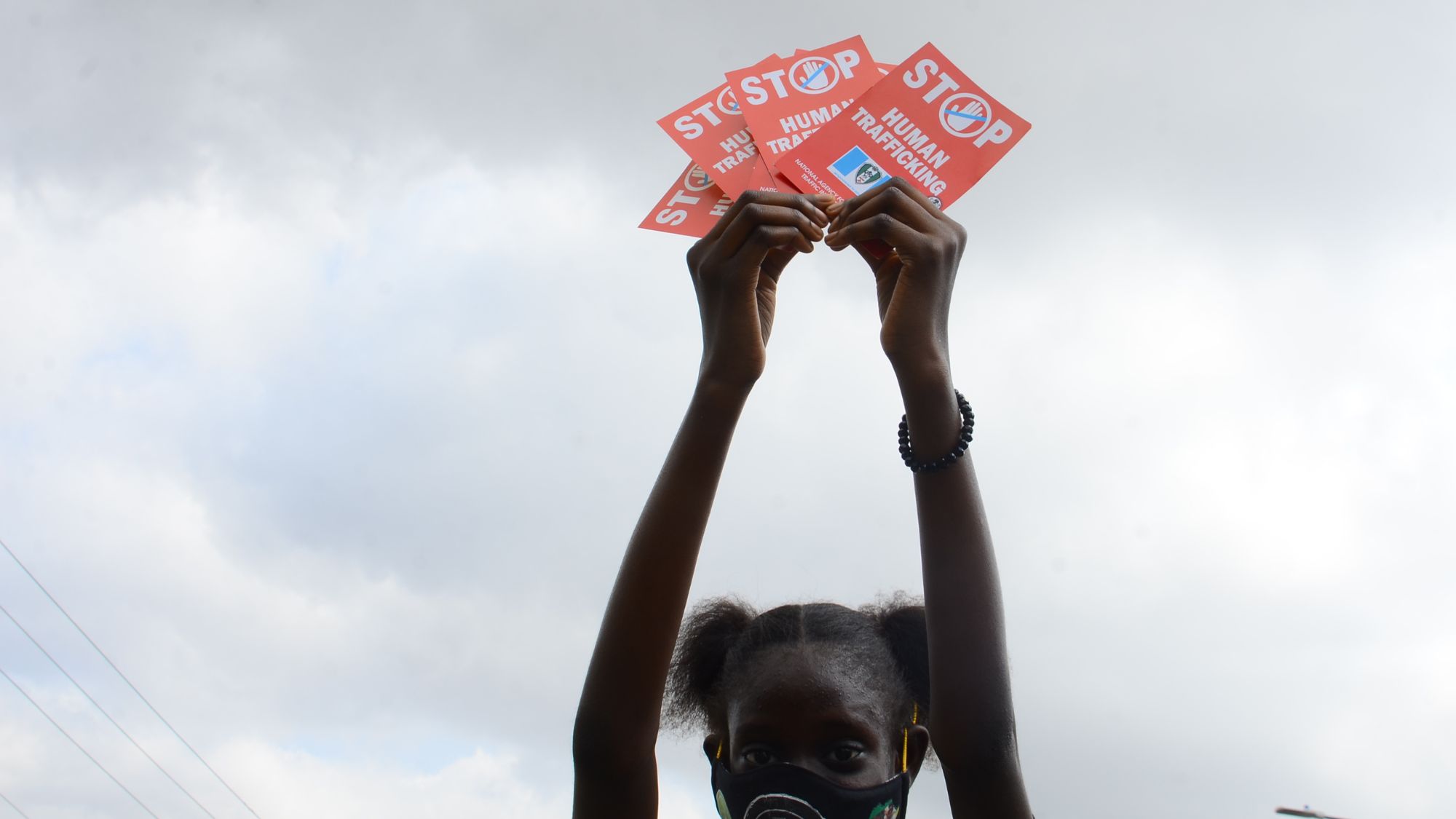A Disturbing Trend: Child Trafficking and the Baby Factories of Nigeria
A "worrying trend" is manifesting in the UK, according to recent reports from the BBC, with young children possibly being smuggled into the country. This crisis is linked to so-called "baby factories" in Nigeria, where children are born under harrowing conditions and often trafficked for profit. This troubling phenomenon raises urgent questions about human rights and the safety of children globally.
The Story Behind the Trends
Last summer, British authorities stumbled upon a harrowing case when they initially identified an infant believed to be trafficked from Nigeria. The ruse unraveled when the woman involved presented a fabricated birth story that did not withstand scrutiny. Such instances are not isolated; they represent a larger narrative of despair and exploitation.
Behind locked doors and seemingly ordinary facades, an unsettling industry flourishes, profiting from the manipulation of vulnerable individuals. Many of these "baby factories" operate under a guise of legitimacy—as private medical clinics or orphanages—making them difficult to identify and shut down.
The Mechanics of a Horrific Business
Human Rights Pulse reported in 2021 that numerous baby factories exist in Nigeria, where women and girls are often confined against their will, subjected to abuse, and forced to give birth. The newborns are then ruthlessly taken away for sale or forced into trafficking to become laborers or worse—as victims of sexual exploitation.
This malevolent cycle is fueled by a pervasive fear of poverty among the Nigerian populace. As socio-economic conditions worsen, desperation drives individuals—both men and women—into the hands of traffickers. For many, the pressure to bear children can lead to extreme actions, where infertility is viewed with stigma, and the desire for male children makes trafficking particularly lucrative.
The Economics of Desperation
The stark reality is that the trafficking of children is driven by a robust market. The process of legal adoption in Nigeria can be lengthy, restrictive, and expensive, incentivizing couples to seek illicit alternatives. Reports indicate that male children are sold for between 700,000 naira (£1,440) and one million naira (£2,060), while female infants command prices from 500,000 naira (£1,030) to 700,000 naira (£1,440). This demand creates a cycle that perpetuates the tragedy.
Law Enforcement Efforts
Despite occasional law enforcement interventions—including raids that rescue women and children—numbers fluctuate due to the absence of official data on the scale of the trafficking operation. Estimates suggest that between 750,000 to one million people are trafficked annually in Nigeria, indicating a crisis that is not diminishing.
Arrests have been made, but issues within the Nigerian judicial system, which are slow and often frustrating, allow this abhorrent practice to persist. The difficulty in securing justice for victims creates an environment where traffickers can operate with relative impunity.
Preventive Measures and International Response
On the international front, efforts are underway to curb the trafficking trend. Since 2021, the UK government has imposed restrictions on adoptions from Nigeria due to rising concerns over the illegal movement of children. Experts suggest implementing DNA testing for newborns and their purported parents to help verify legitimacy and prevent trafficking. These methods might offer a path toward accountability and enhanced protection for vulnerable children.
The situation remains dire, with countless young lives at stake, caught in the crosshairs of greed, desperation, and systemic failures. Addressing this crisis requires collective action, informed policies, and greater awareness to safeguard the most vulnerable among us.


